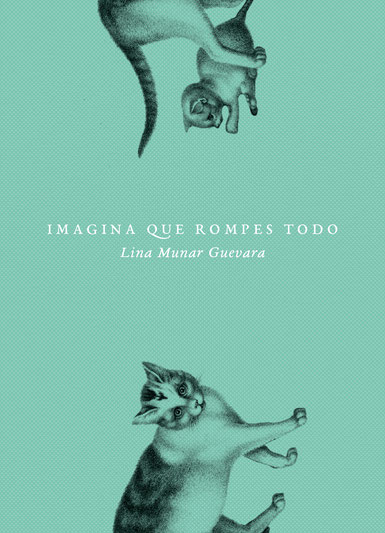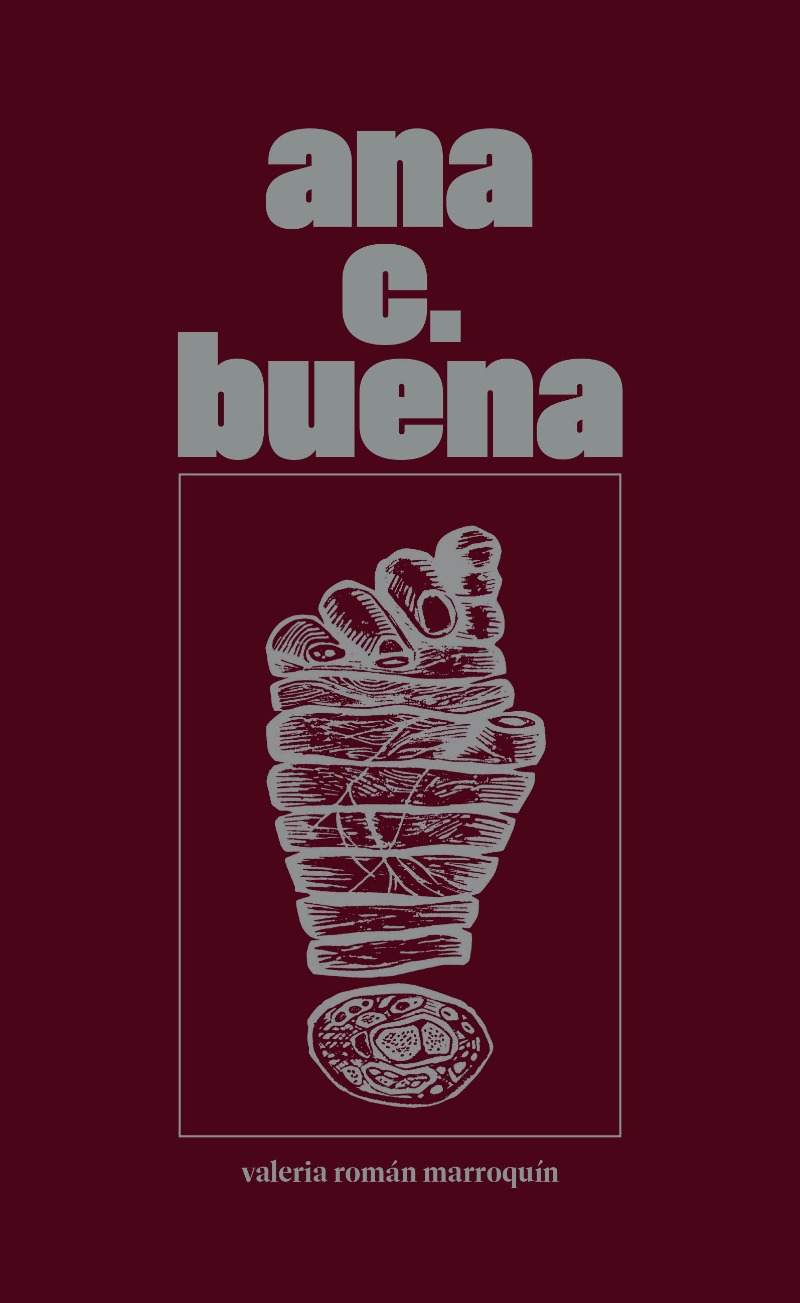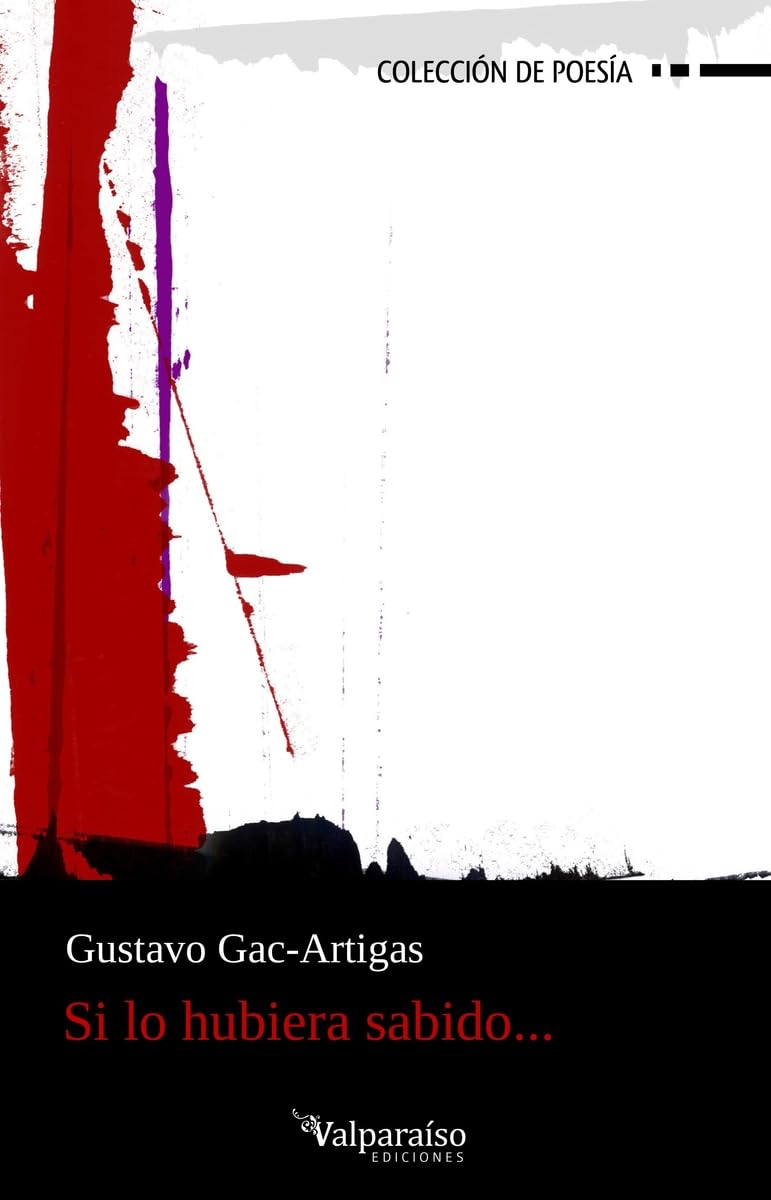Bogotá: Himpar Editores. 2022. 216 pages.
 Imagina que rompes todo, Lina Munar Guevara’s first book, is a coming-of-age novel that asks whether innocence can be regained—whether human transformation is possible and whether we have what it takes to put an end to generational cycles of violence and hurt. The novel is set in Bogotá, Colombia, in the fictional neighborhood of Corpus Cristi, a black hole of terrible memories that the novel’s protagonist, seventeen-year-old Melissa Noriega, managed to escape after moving in with her aunt Anahí—formerly Roberto—to a wealthier area. Five years into building a new life for herself, Melissa is forced to return to Corpus Cristi when her mother, who left her behind to move to a new city, comes back for a surprise visit.
Imagina que rompes todo, Lina Munar Guevara’s first book, is a coming-of-age novel that asks whether innocence can be regained—whether human transformation is possible and whether we have what it takes to put an end to generational cycles of violence and hurt. The novel is set in Bogotá, Colombia, in the fictional neighborhood of Corpus Cristi, a black hole of terrible memories that the novel’s protagonist, seventeen-year-old Melissa Noriega, managed to escape after moving in with her aunt Anahí—formerly Roberto—to a wealthier area. Five years into building a new life for herself, Melissa is forced to return to Corpus Cristi when her mother, who left her behind to move to a new city, comes back for a surprise visit.
Immediately upon Melissa’s return, it becomes clear that what she was trying to escape was not so much Corpus Cristi itself as the cruel, violent girl she was when she lived there. Within hours of being back in her old neighborhood, Melissa gets beaten up as retaliation for a heinous act she committed when she was just a child, and by the next day she is the one doing the punching even though her original intention when approaching a former classmate was to apologize for a past wrongdoing. The novel is a dynamic tug of war between a young woman’s aspirations and the pull of her past. Over the span of the weekend, the reader gets to understand not only the challenging circumstances that made Melissa who she was, but also how determined she is to become the type of person who would make her aunt proud.
“THE BIGGEST STRENGTH OF IMAGINA QUE ROMPES TODO IS THE AUTHOR’S ABILITY TO NARRATE COMPLEXITY: THAT IS, THE GRAY AREAS THAT REAL PEOPLE LIVE IN AND THE FACT THAT THERE ARE NO PERFECT ANSWERS IN AN IMPERFECT WORLD”
What makes Imagina que rompes todo an unforgettable read is the combination of who Melissa is as a character and her voice. Not only is she the rare female protagonist who externalizes her rage, literally punching first so she won’t become the punching bag, but as a first-person narrator she is brutally honest, funny, self-aware, and able to create moments of utter heartbreak and insight while staying true to the rawness of Bogotá slang. In a particularly moving passage, for example, she conveys just how much her mother’s abandonment hurt her by fantasizing that she tears the former’s shirt off in the middle of a dinner party in order to reveal the tacky Tweety Bird tattoo she had been hiding:
Quería correr a la sala y arrancarle al manga a mamá para que ese tatuaje inmundo de Piolín que tanto odiaba quedara al descubierto. “A que no se lo esperaban, malparidos, que debajo de esa ropa bonita está esta mierda”, les diría […] Sí, porque no importaba qué ropa nos pusiéramos, cuánto nos maquilláramos, ahí debajo ella llevaba su Piolín, y yo, mi morado, no importaba lo que hiciéramos, llevábamos las cagadas clavaditas en la piel, para siempre, para no olvidar que seguíamos siendo las mismas personas de antes, las de siempre, ella y yo, porque la gente no cambia, solo miente.
[I wanted to run into the room and strip off mom’s shirt sleeve so that horrible Tweety Bird tattoo she hated so much would stand out for all to see. “I bet you never would’ve guessed, you bastards, that this shit was under these pretty clothes,” I’d say […] Because it didn’t matter what clothes we wore, how much makeup we put on, her Tweety Bird was still there underneath, just like my bruise, no matter what we did, we had our bullshit buried in our skin, forever, so as not to forget we were still the same people as before, same as always, she and I, because people don’t change, they just lie.]
Ultimately, the biggest strength of Imagina que rompes todo is the author’s ability to narrate complexity: that is, the gray areas that real people live in and the fact that there are no perfect answers in an imperfect world. Just as Melissa is no saint but remains determined to improve herself, the ending of Imagina que rompes todo is a wise meditation on ambiguity that surpasses any expectations one might have for a debut novel. Lina Munar Guevara offers such a nuanced understanding of the lasting yet surmountable pain people and families cause each other, of the scars we may just have to carry in order to move forward, that it is impossible not to be excited for her next work.







